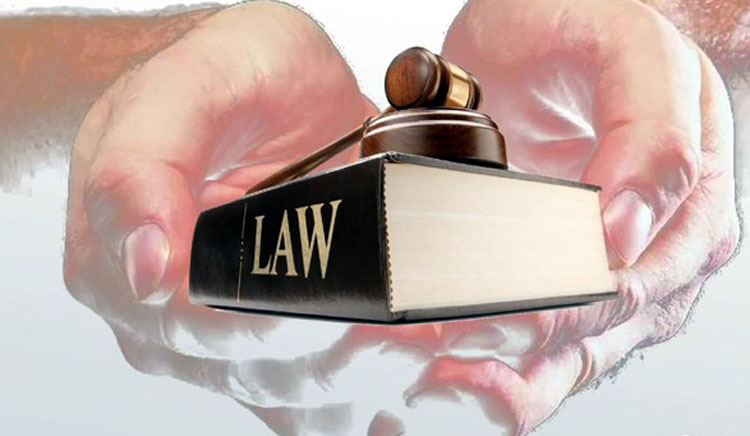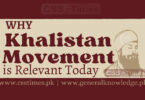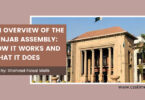Chief Justice Of Pakistan(CJP) Saqib Nisar is going to retire in mid Of January 2019. But,his services as CJP have been stupendous as we analyse.Though, there are also some reservations considering it judicial activism but it is incorrect, and actually, it is judicial outreach means exceeding the its powers.Judicial Outreach has a dire consequences too, because institutes in such way cease their work with the fear of an unwelcome scrutiny all the time.Indeed, there should be only judicial objectivity.However, the political system and its actors did not found his tenure as pleasant as the masses.Limits were violated by CJP according to them.This emotion of populism just drag CJP in the dubious limelight.The real problem is that the judiciary earlier was just moving with the status-quo without any pro-active approach.Has judiciary taken up a morsel which can not be chewed?
From a number of Sou Moto to visiting hospitals all were appreciated by public because they were feeling facilitative changes in their lives.
The members of the political class are mostly not well literate and competent enough.When government is not doing his job as by settling prominent examples of good governance.Then, masses look for some alternative ways.The explanation is when distorted Judicial activism, an approach to the exercise of judicial review, or a description of a particular judicial decision, in which a judge is generally considered more willing to decide constitutional issues and to invalidate legislative or executive actions. Although debates over the proper role of the judiciary date to the founding of the American republic, the phrase judicial activism appears to have been coined by the American historian Arthur M. Schlesinger, Jr., in a 1947 article in Fortune. Although the term is used quite frequently in describing a judicial decision or philosophy, its use can cause confusion, because it can bear several meanings, and even if speakers agree on which meaning is intended, they will frequently not agree on whether it correctly describes a given decision.
The term activism is used in both political rhetoric and academic research. In academic usage activism usually means only the willingness of a judge to strike down the action of another branch of government or to overturn a judicial precedent, with no implied judgment as to whether the activist decision is correct or not. Activist judges enforce their own views of constitutional requirements rather than deferring to the views of other government officials or earlier courts. Defined in this way, activism is simply the antonym of restraint. It is not pejorative, and studies suggest that it does not have a consistent political valence. Both liberal and conservative judges may be activist in this sense, though conservative judges have been more likely to invalidate federal laws and liberals more likely to strike down those of the states.
In political rhetoric activism is used as a pejorative. To describe judges as activist in this sense is to argue that they decide cases on the basis of their own policy preferences rather than a faithful interpretation of the law, thus abandoning the impartial judicial role and “legislating from the bench.” The primary determinant is probably where the courts stand politically with respect to other government actors.
In the country like Pakistan, when the name of accountability is only linked with political victimisation then how can the whole system can work well together. Getting out of its judicial domain,is only cursed by the political gurus with vested interests.The critique is also right to the extent of absence of basic And compulsory reforms in judiciary with the changing time rattan sticking to the law Of British Regime and with resolution of fifteen lac cases pending in our courts.
The parliamentary system handles the riddle of governmental power quite differently and, some insist, with more sophistication.It does not seek safety in a mechanistic clash of separated forces. Rather it concentrates power for effective action and holds that power closely and democratically accountable. This largely eliminates what for us is a perennial quandary: which of several shells hides the peas of power and responsibility? The result, one suggests, is that parliamentary electorates have more confidence in, and understanding of the governmental process than is customary in this country even in good times. Perhaps in the long view we have relied too much on self-operating, external mechanisms and too little on ourselves-enjoying as we have a wide margin for error and inefficiency thanks to great natural wealth and, our protective ocean moats. Expecting the public sector to take care of itself, participating little more than nominally in the democratic process.
The trouble with the theory is that government is not a machine, but a living thing. It falls, not under the theory of the universe,but under the theory of organic life. It is accountable to Darwin, not to Newton. It is modified by its environment, necessitated by its tasks, shaped to its functions by the sheer pressure of life. No living thing can have its organs offset against each other as checks, and live. On the contrary, its life is dependent upon their quick cooperation, their ready response to the commands of instinct or intelligence, their amicable community of purpose. Government is not a body of blind forces; it is a body of men, with highly differentiated functions, no doubt, in our modern day of specialisation but with a common task and purpose.Their cooperation is indispensable, their warfare fatal. There can be no successful government without leadership or without the intimate, almost instinctive, coordination of the organs of life and action. The four pillars of the state have to indulge in a dialogue instead of setting their own separate agendas.Every individual should do his own work precisely.But, all the problems can not resolve with mere sincerity but with competence, national consensus, capacity building, selecting right person for the right job and with the accountability across board.As once Clinton Rossiter said that It takes a united country to run a divided government.







